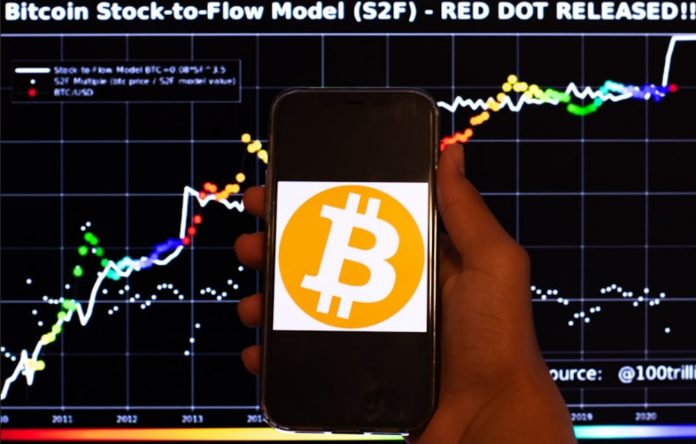The amount of the Bitcoin transaction fee depends on a variety of factors. These include the size of your transaction, the number and frequency of transactions in the mempool (the pool where all unconfirmed transactions go to wait for confirmation), network congestion caused by miners prioritizing higher fees over smaller ones as potential rewards, and miner incentives or disincentives based on current market prices. If you are into Bitcoin investment, you may consider using a reliable trading platform like BITGPTAPP trading bot.
When several other people are sending similar Bitcoin transfers at around the same time, competition between them can significantly increase these fees too — especially if their priority is to get their payment processed more quickly than others. In periods like these, it’s best practice to try sending your payments with a larger fee so that you won’t have to wait for hours — or even days — before your transfer is confirmed by miners.
About Bitcoin Transaction Fees
Value transfer occurs using transaction records held in the public ledger of the Bitcoin blockchain. Bitcoin transactions charge a transaction fee, each time a transaction is completed on the blockchain. Bitcoin miners get Bitcoin transaction fees whenever they effectively mine a Bitcoin block, and they additionally get the Bitcoin block award. The payment of Network fees can help to motivate Bitcoin miners to deal with trades on the network.
Miners might not work efficiently in the long term if they’re not compensated for the quantity of resources they invest, because of the soaring price of mining. A lot of miners additionally process transactions to produce profits. Miners won’t work properly if they’re not paid anything as there’s no point in working without getting profits. So, if you want to get your transactions verified and confirmed then you need to pay a sufficient amount of miner fees. Your transaction is going to take more time to complete in case the fees are extremely small. The network also can return the cash to the card in some instances.
How transaction fees are affected by the Bitcoin Blocksize?
It may be daunting to fully acknowledge the concept of public ledger for the one who just started investing in Bitcoin. It’s, nonetheless, very simple. Blockchains are a listing of data. A collection of documents known as blocks are tied through cryptography. Each block features verified information regarding the transaction which includes a timestamp, transaction information along with a cryptographic hash of the prior block.
The larger a block is on the blockchain, the more it is going to cost in transaction costs as well as reward points. Obtaining a consensus on bigger blocks will take a longer time. This is likely because mining huge blocks gets harder. Mining contributes new Bitcoins to the accessible supply and protects the network from fraud. It’s much like a money printing process with pre-defined guidelines for the security and supply of transactions. Miners eliminate computational puzzles to produce blocks for the network. To produce new blocks, the nodes have to decide on the actions which have occurred to come to a resolution.
Reasons behind High Bitcoin Transaction Fees
Exchange Fees
Because of the huge transaction fees imposed by exchanges, users frequently lose a lot of money. These fees are made to offset network expenses, however, they may be unfair and arbitrary, leading to unneeded costs for users. Exchanges may also charge fees for coins which normally do not have transaction costs, which amplifies the economic burden of the consumer.
Bitcoin Bull Run
Transaction fees tend to increase during Bitcoin bull runs, and the present numbers are genuinely outstanding, never seen before. The lack of miners needed for network processing contrasts starkly with the huge need for transactions. Because of this, Bitcoin traders display greater readiness to pay the hefty costs established by the miners during periods of heightened demand.
Disclaimer: This article contains sponsored marketing content. It is intended for promotional purposes and should not be considered as an endorsement or recommendation by our website. Readers are encouraged to conduct their own research and exercise their own judgment before making any decisions based on the information provided in this article.



























![“Does Everyone Hear Me OK?”: How to Lead Virtual Teams Effectively iStock-1438575049 (1) [Converted]](https://www.europeanbusinessreview.com/wp-content/uploads/2024/11/iStock-1438575049-1-Converted-100x70.jpg)




